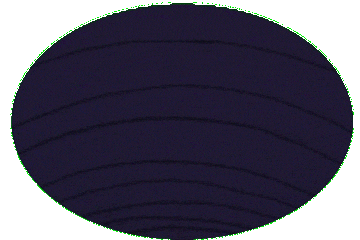In 1978. several London newspapers reported on a scheme to rig the British Phonographic Industry's "Top 50" music chart (which appeared in BPI's Music Week and other publications). The stories alleged that promoters had access to the secret list of music shops supplying sales data for the chart. By visiting the 375 shops listed and purchasing copies of a record, a crooked promoter could propel the record into the Top 50. Entry into the charts caused the record to be played on the BBC and to be purchased for resale by more record shops.
One promoter, Julian Beauchamp, admitted to the Daily Mirror that he had been hired to "hype" more than 30 records by artists including Harry Nilsson. Beauchamp produced invoices showing he had moved records into the Top 50 by hiring people - mostly students and housewives - to purchase the records at listed stores. Buying as few as 200 to 400 of the records could move them into the Top 50.[1]
I have nothing to hide. There is nothing illegal about what I am doing. We are carrying out a fairly normal marketing operation. What is so sacred about the pop charts?
-- Julian Beauchamp (1978) [2]
Julian Beauchamp was sales director of Campus Marketing in London. Before that he was sales and marketing controller at Radio Luxembourg.[3]
- [1] Ben Hills (1978-03-02) "Rig a Crooked Chart" The Age (Melbourne, Australia)
- [2] Billboard, Peter Jones (1978-03-04) "BPI Acting on U.K Chart Hype Charges"
- [3] "International Turntable" Billboard (1972-02-28)








